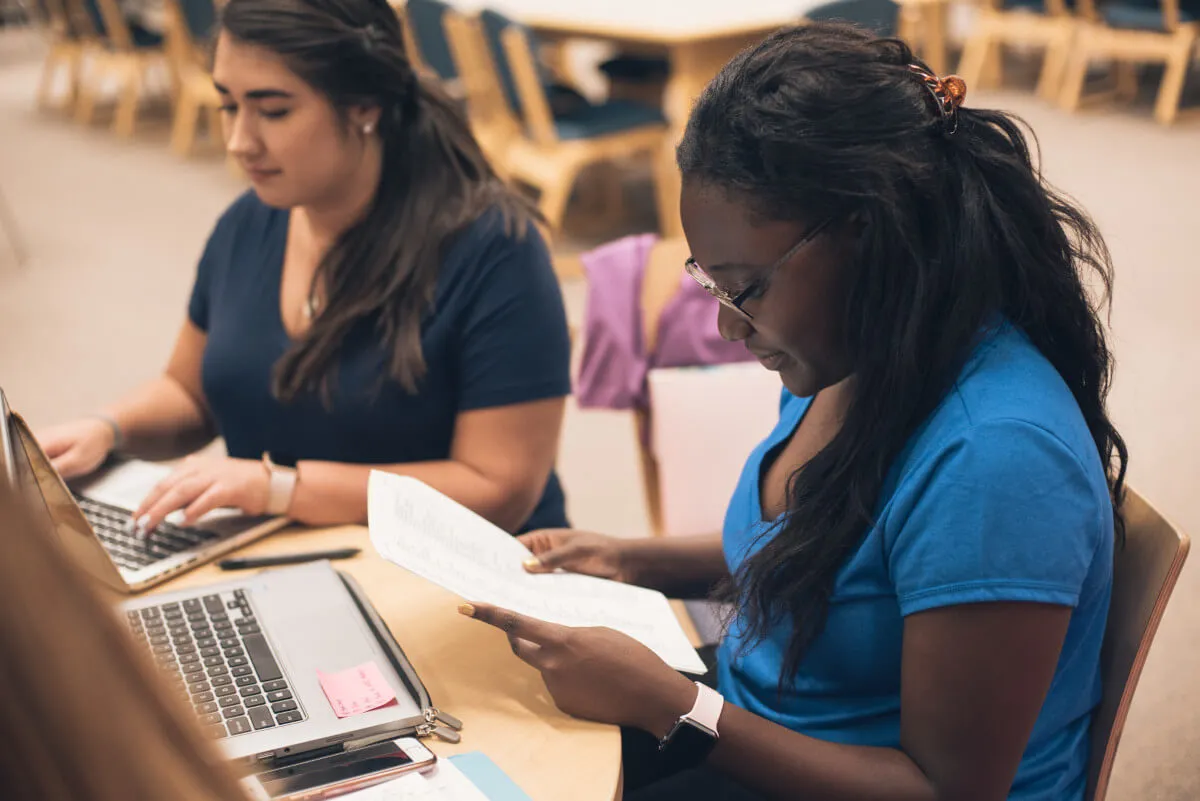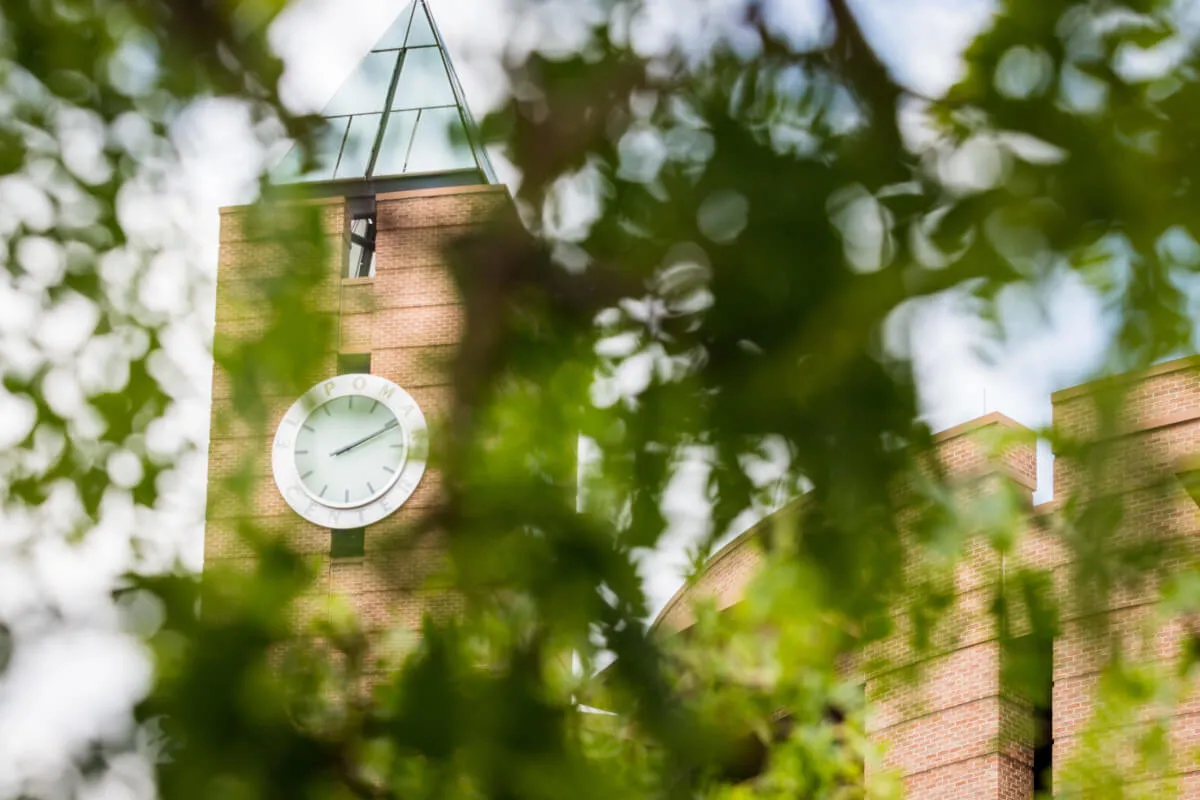
Hiring International Applicants
International applicants need to be sponsored by UCCS in order to apply for an appropriate visa to work as a university employeeWho, What, When?
An “international” applicant is someone who will need to be sponsored by the university in order to apply for an appropriate visa to work as a university employee.
If you hire an international candidate, ISSS will assist with any visa paperwork. Information can be found on the ISSS website: https://www.colorado.edu/isss/scholars/visa-options-working-cu. The earlier you consult with ISSS, the better, as the immigration process takes a significant amount of time. The appropriate documents and petitions must be timely filed with the Department of Labor and/or the Department of Homeland Security to avoid delayed start dates.
If you plan to conduct a national search for tenure track teaching faculty (assistant professor to full professor), and you believe that the applicant pool is likely to include an international who wishes to seek permanent residency, please ensure that the ad meets the requirements for Special Handling Labor Certification for University Teachers (SHLC).
Careful attention to the ad language at this stage will make the need to conduct another search after an international is hired far less likely. While hiring units should continue to post ads in any appropriate scholarly journals, a print ad is no longer required for the SHLC. One of the acceptable online postings is InsideHigherEd.com, a site where the ad is automatically posted when an ad is placed in CU Careers.
Hiring International Applicants
Export Control Considerations
Certain positions may have access to information, technology or types of equipment that are export controlled. Standard language should be created for inclusion in job postings and offer letters when access to controlled technologies is required. A license may be required before foreign national employees can participate on a project or have access to certain technology, data or equipment. Consult with the Office of Sponsored Programs and Research Integrity for assistance in drafting language.

Honorarium Payments
The U.S. Congress passed legislation in October 1998 to allow the payment of expenses and honoraria to visiting scholars in “B” or visa waiver status,* as long as that arrangement is for a single event or short series of events (master class/lecture/demonstration) and is limited to nine days and not more than five other payments from other institutions in the past six months.
In order to enter on the Visa Waiver Program, participants must now have machine-readable passports. If the participant does not have a machine-readable passport, they will need to apply for a B visa from the American embassy before they come to the United States.
Check with the CU system International Tax Office for further information about payment and tax implications if you have a visitor coming on the B or Visa Waiver Program. Call 303-735-5534 for more information.
Disclaimer
U.S. immigration laws are very complex. The information contained in these pages is designed specifically for scholars and the departments at the University of Colorado Colorado Springs; other individuals should seek assistance from immigration specialists. Immigration laws are constantly changing, and even though we will attempt to keep these files up to date, we cannot guarantee their completeness or accuracy. The information contained herein is not intended to create an attorney/client relationship, nor can it be construed as legal advice. Please meet with an advisor in the Global Engagement Office before making applications or seeking benefits.
Social Security Numbers
All visiting scholars who will be on the university’s payroll must have a Social Security number. Scholars can apply for a Social Security number at the local Social Security Administration office. Since a visiting scholar must have such a number to get on the payroll, there may be a delay in the start of your visitor’s work. The Social Security office suggests that the scholar wait at least 10–15 days after arrival in the United States before applying for a number. In order to be issued a number, the scholar must present his or her passport and immigration documents to the Social Security Administration officials, in addition to another form of photo identification. It usually takes about 10 days to 6 weeks to get a Social Security number. Scholars should make sure they bring enough money to cover their initial expenses while waiting for a Social Security number to be issued and to be put on payroll. The Global Engagement Office has resources and can assist arriving scholars with this process of applying for a Social Security Number.